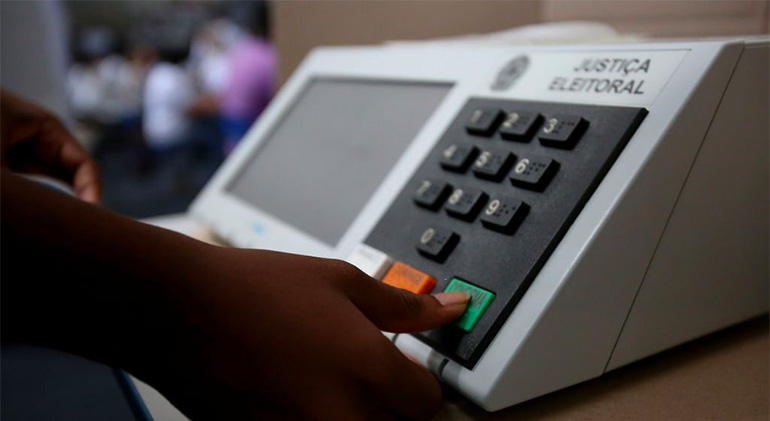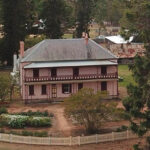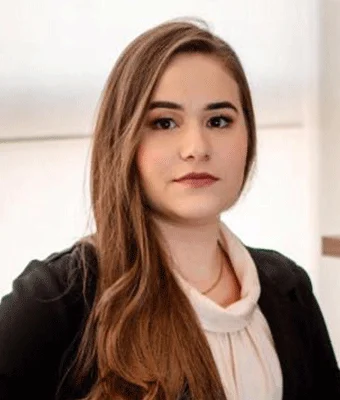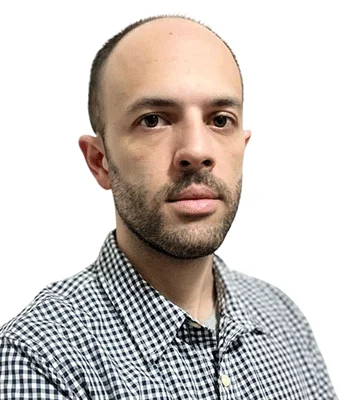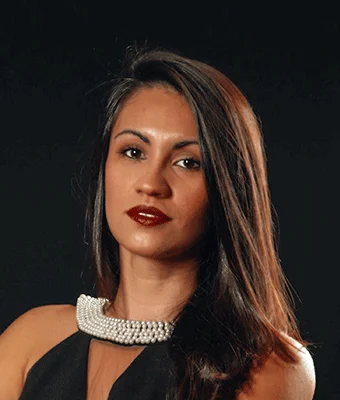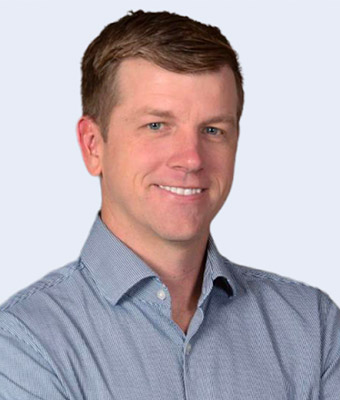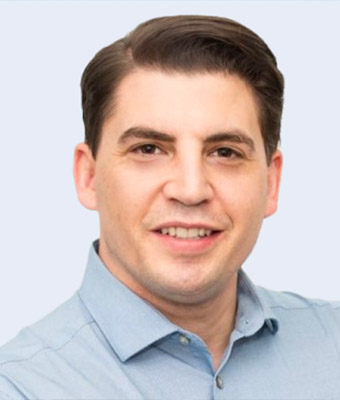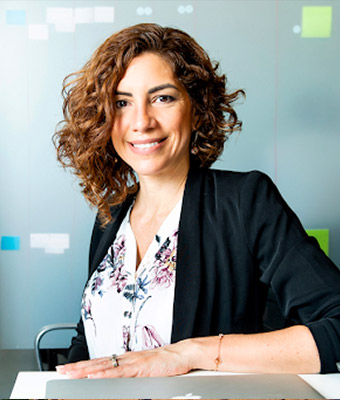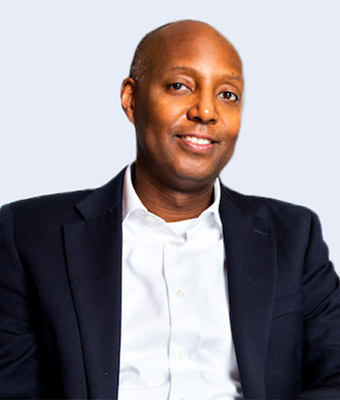Introduction
With the recent presidential elections in Brazil and the priorities of the new administration, a renewed interest at the federal government level in environmental, sustainability, and deforestation issues has emerged. This, combined with the agricultural importance of Brazil, creates a significant opportunity for sustainability-oriented investors to create substantial impacts at a large-scale; and with healthy financial returns, as well.
Why Brazil Matters for Climate and Sustainability
Agriculture Importance
Over the past three decades, Brazil has moved from being a net importer of agricultural products to being one of the world’s largest exporters of agricultural products. Brazil moved from an agricultural system based on low labor and available land to an agricultural economy that competes head-to-head with the USA, EU, Canada, Australia, and China. It is arguable that agriculture is the only large sector that Brazil is so broadly competitive on an international basis.
This period of opening to the international market since the late 1980s has seen Brazilian industry struggle to compete internationally. At the same time, the agricultural sector became world-class and second to none in many areas. Brazil is the leading exporter of soybeans, coffee, sugarcane, and orange juice and the second or third largest exporter of beef and poultry.
Brazil is also the world’s largest importer of pesticides, nitrogenous fertilizers, phosphatic fertilizers, malt, and hydrazine or hydroxylamine derivatives. In other words, Brazil’s trade flows are based on agricultural products and the supplies needed to make them happen.
Importantly, in recent decades this improvement in production volumes has not only resulted in more hectares under production, but also significant use of technology in production, improved seeds, better management, and efficient and effective land usage leading to higher yields. While not necessarily as well known in the general community, Brazil is also a world-class leader in agricultural research and technology. Embrapa (the government agriculture research center) and its ecosystem not only drives technology that has a significant impact on agricultural yields, but also this research system and educational ecosystem has created a deep and large-scale pool of agronomics experts and professionals. This human capital expertise and experience base along with world-class agricultural research has been instrumental in Brazil’s success.
Sustainability Concerns
The three largest biomes in South America are the Amazon, Cerrado, and Chaco and represent over 46% of the land area in South America. These three biomes are also some of the world’s most significant agricultural production regions and under the greatest pressure for further expansion. According to IFACC, the International Finance for the Amazon, Cerrado, and Chaco (an initiative of The Nature Conservancy), we have already cleared 17% of the Amazon forest and many scientists believe that we are dangerously close to what can be considered a tipping point. In the Cerrado, a biome of 200 million hectares (2 million km²), approximately 50%–or about the size of France and Germany combined–of the land is cleared for agriculture and other uses. The Cerrado is significant on a national scale in replenishing almost 70% of the watersheds in Brazil and containing 5% of the entire planet’s biodiversity, according to the World Wildlife Federation.
As demand for beef and soy, primary drivers of deforestation, is expected to increase from 18,8 million hectares in 2017 to 33,5 million hectares in 2027, it is clear that the current practices of production and expansion via the usage of native lands is not sustainable from a climate and biodiversity perspective. In fact, in the Cerrado, it is estimated that at the current rate of deforestation not only will the moisture needed to harvest vanish, complete extinction of native species like the raposa do campo and lobo-guará, and ultimately the loss of this entire habitat may occur. Without significant changes, biodiversity will be lost and climate issues will accelerate in Brazil and globally. In the first seven months of 2022 alone, deforestation in the Cerrado increased by 28% compared to 2021 levels, according to INPE, the Brazilian government deforestation monitoring program.
Recent History
Lula’ First and Second Presidency
Luis Inacio “Lula” da Silva served as president of Brazil from 2003 to 2011. The onset of his administration marked a significant change in focus to emphasize social inclusion and sustainable development. His appointment of Marina Silva to lead the Ministry of the Environment served as a clear message that conservation, sustainability and traditional populations were at the core of his environmental agenda.
Lula’s land management policies targeted three main areas. One, the expansion of protected areas that recognize ethnic communities. Two, expansion of productive areas, including small farms, agribusiness, and extractive activities to meet international demand. And three, infrastructure development to promote regional integration and to facilitate the transport of primary goods. The increase in protected areas, combined with surveillance systems (SIVAM) and enforcement measures resulted in a steady decrease in deforestation during his two terms.
Bolsonaro Presidency
Jair Bolsonaro entered office in 2019 and his term ended on December 31, 2022. During his presidency, environmental policy became centralized within the federal government itself, and many participatory bodies that engaged with civil society were disbanded. Additionally, measures and enforcement to monitor deforestation were modified, with less on-the-ground monitoring and changes in satellite tracking, resulting in significant increases in deforestation during his administration, with deforestation in the Amazon at 14-year highs. In fact, in the first seven months of 2022 alone, deforestation in the Amazon increased by 7% compared to 2021 levels, according to INPE, the Brazilian government deforestation monitoring program.
Progress Outside of the Government
Despite the lack of a consolidated environmental program during the Bolsonaro government, a number of advances were made in the private and non-profit sectors, specifically in the agricultural sector.
For example, AIBA, the Bahia State Agriculture Association, headquartered in Western Bahia has embarked on a number of sustainability initiatives. One of their principal programs has been the carbon calculator program. The objective of this initiative is to estimate the carbon balance of different agricultural management systems in the region, disseminate information, and propose management recommendations aimed at increasing the content of organic matter in the soil and its benefits. The calculator will be an integral part of the Western Bahia Environmental Information System (Sima).
Capital Markets Successes
Additionally, during this time, capital markets in Brazil began to shift green. Brazilian farm management platform Solinftec raised 140 million reals ($26.6 million) in the form of a Green Agribusiness Receivables Certificate (Green CRA) in 2021. CRAs are fixed-income instruments that allow businesses in the agrifood sector to securitize the payments they are owed by their customers. The Green CRA which was issued is a version overseen and certified by the global Climate Bonds Initiative (CBI). These funds were then used to improve and develop its precision agriculture technologies with a focus on mitigation, adaptation, and resilience to climate change. Additionally, Syngenta, an agricultural products and seed company, along with Itau, a major Brazilian bank, launched an initiative directed at degraded pasture recuperation.
Lula’s Third Presidency
On the campaign trail and following his election, Lula and members of his transition team have emphasized the importance of environmental policies with a specific focus on climate change and reducing carbon outputs. Specifically, during the campaign, he announced plans to grant new protected status to half a million square km (193,000 sq miles) of the Amazon rainforest, fight deforestation, subsidize sustainable farming and reform Brazil’s tax code to promote a green economy. Congresswoman-elect Marina Silva, who served as Lula’s Environmental Minister during his first presidency and Brazil’s most prominent environmentalist, compared Lula’s plans for restoring strong institutional protection of the rainforest to a “post-war recovery effort” after Bolsonaro’s legacy.
Nationally, Lula has proposed more staffing and funding for enforcement in Ibama and ICMBio, the Brazilian Environmental Protection Agency, and National Parks Service, respectively. Along with increasing protected areas, tax code changes would seek to impose higher levies on polluting industries and lower rates for “green” activities like sustainable agriculture or electric cars. Additionally, the new administration has plans to offer “green” subsidized loans for farmers that implement sustainable practices and reduce deforestation.
Internationally, even before the election, Lula worked to rebuild international connections and the image of Brazil abroad. Several European leaders have signaled an eagerness to collaborate on renewed preservation of the Amazon and the day following the election, Norway (which was the largest contributor) announced it would resume contributions to the Amazon Fund, an international initiative to protect the Amazonian rainforest. Just two weeks following the election, Lula also traveled to Egypt for Cop27, The 2022 United Nations Climate Change Conference.
Action Plan and Next Steps
AgDev and the Carroll Organization
The Carroll organization has five generations of farming experience in the United States and twenty years in western Bahia, Brazil. Together with InDev Capital, Carroll’s investment arm (AgEquity) formed AgDev, a sustainability-focused farm finance vehicle. This combines the Carroll organization’s extensive experience in agriculture with InDev’s capital markets experience.
Over time, Carroll continued to acquire and invest in Brazilian farmland and began farming land owned by other US investors. It opened a consulting and services business, Rural Rentável, to serve its own farm and farms owned by others, and also opened a farm management business, to manage farms owned by others. In addition, it has a farm brokerage business and across all operations in Brazil Carroll employs over 60 full-time staff. In partnership with a European genetics company, the organization launched an operation to produce sows in late 2021.
Carroll has enjoyed great success in the region. The company farms or manages (on behalf of third parties) approximately 15,000 hectares in Brazil. In addition, the business includes a full-service farm and business management company serving US-based and Brazil-based investment and farming groups, as well as a pork genetics operation.
Additionally, on its farm operations side, the organization is embarking on a medium-term goal to become a net carbon sequester. They believe that this is not only good for the environment but also makes sense agronomically and economically. Recently they completed carbon audits of all aspects of their operations and are developing a plan to reduce their carbon footprint.
Farm Finance Program
Specifically, the farm finance program, through membership in IFACC, incentivizes farm expansion onto degraded pastures instead of opening up new virgin forest areas for growth. Another major focus of the farm finance program is the required inclusion of sustainable practices by farmers who receive financing. These may include no-till farming, crop rotation and cover crops, microbial products, closed-loop systems, and sustainable irrigation, among others.
Traditionally, when a farmer was looking to expand they did so by finding the cheapest land possible. In the past, farmers often would clear virgin forests through slash-and-burn methods to make way for their fields. Before new legislation was enacted, there were few methods of stopping this pattern. In recent years new laws and government oversight have made it illegal to do this, but farmers are still entitled to clear native land as long as they maintain 20% of legal reserves in the Cerrado.
Currently, farmers clear land by taking cutting disks to the forest and legally removing it. They must first obtain permits which takes time, and deforesting is relatively expensive so they very rarely have the capital to clear their entire property at once. These farmers file for partial permits and once issued they clear that specific piece of land, prepare the soil through fertilizers, plant, harvest, and with that profit apply for new permits to clear the next parcel of forest on their property.
Land that had been previously cleared for grazing, but for whatever reason has been left alone is usually a middle ground between productive land and virgin forests. Often this land was either used as grazing for cattle temporarily and the farmer moved on or a farmer attempted to clear the land and make it productive but was unable to do so due to lack of capital. This degraded pasture is not as cheap as forests and not as expensive as fields prepared and ready for planting. It also does not take as long to prepare for planting as a virgin forest. Estimates suggest that more than half of the 57M hectares of pasture are degraded but with a high likelihood of regeneration in the Cerrado region.
Degraded pastures are at the center of our thesis. They are unused swaths of land that, with the right incentives, can help deter farmers from using virgin forests and turning them into fields. We now know that by employing some sustainable techniques by planting and harvesting on these parcels, they can actually sequester more carbon, trap more humidity, help feed the world, and increase profit margins for farmers, than if left alone to further decay. Food and water shortages are a reality and this can be a major piece to the puzzle toward a solution.
Platform Creation for Other Investors
Recently, AgDev began the creation of an investment platform for the degraded pasture farm finance program. In partnership with Prada, a leading investment office in São Paulo with a 10-year history of investments and top-tier fiduciary operations, this will allow Brazilian and international investors to participate in an impactful investment vehicle.



